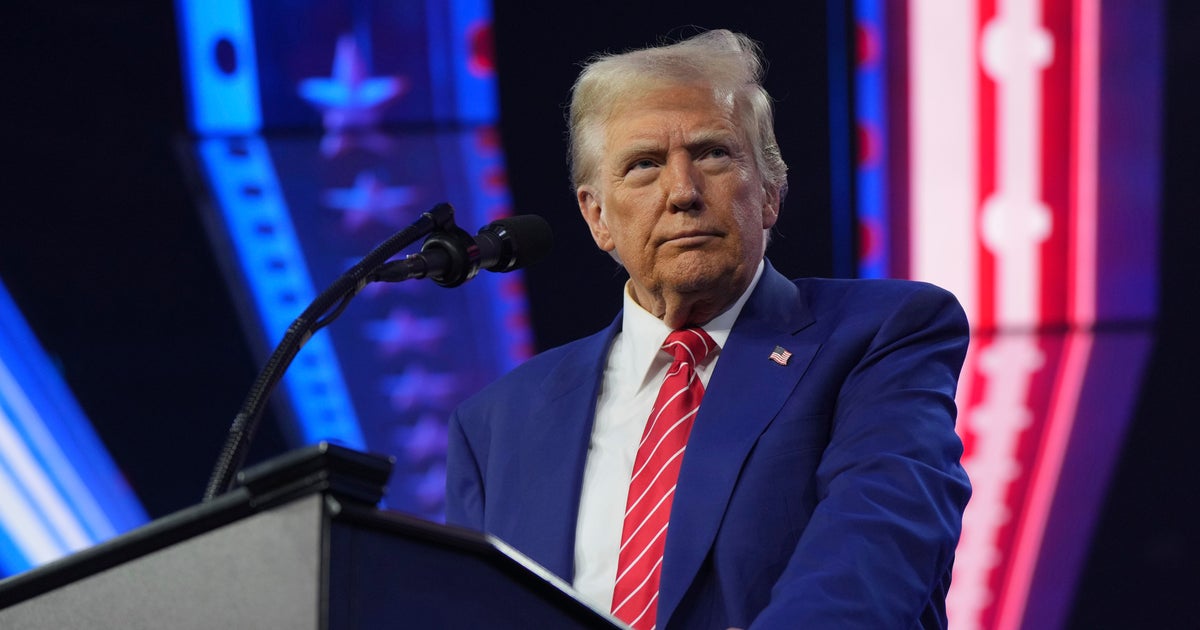Facebook tightens restrictions on political ads, but there are loopholes
- Most organizations that buy political ads on Facebook and Instagram will soon have to prove their identity with a government ID, the social media company said.
- The move is intended to increase the transparency of ads on the platform ahead of the 2020 U.S. presidential election.
- Facebook has required political advertisers to register since 2017, although some are able to avoid registering.
Facebook said Wednesday it is tightening requirements for organizations that buy advertisements on the social media company's platform related to political or social issues.
Currently, political ad buyers must provide information about who they are and where they are located in the U.S., which Facebook includes in a disclaimer that runs alongside the ads. Yet that hasn't stopped some advertisers from putting misleading information about their identity in these disclaimers, Facebook said in a blog post.
Now, in addition to a street address and contact information, ad buyers will have to provide a tax ID number, a Federal Election Commission identification number or a government website matching the buyer's email to Facebook. Once Facebook verifies this information, it will dub the advertiser a "Confirmed Organization," Facebook said.
Advertisers can also choose not to provide detailed information about their organization, Facebook said. In that case, a person acting as that organization's administrator will be listed as the entity paying for the ad, the company said. Advertisers will have until the middle of October to supply information about their identity.
"While the authorization process won't be perfect, it will help us confirm the legitimacy of an organization and provide people with more details about who's behind the ads they are seeing," the company said in a blog post.
If Facebook enforces the new rules, it means people on the platform will have more information on who's trying to influence their votes or their views. That amounts to a big "if," however. Reporting from ProPublica, Vice and other outlets has shown that Facebook's ad tracker sometimes misses political ads while incorrectly flagging non-political ads.
"Right now, what Facebook requires from advertisers is virtually nothing," said Laura Edelson, a researcher at New York University's Tandon School of Engineering who studies political advertising. "Until now, there's been no vetting whatsoever. It's been advertisers' responsibility to make sure [their disclosure] was correct."
Facebook said that the additional information would be included in its ad library, which lists all political ads. However, it will not be available to researchers using Facebook's application programming interface, or API. That's a big hindrance for researchers who track political advertising on the platform.
Unless Facebook makes the added information widely available, "It doesn't really move the needle for people trying to understand political spending more broadly," Edelson said.
A group of researchers working to analyze Facebook's effect on elections sent the social network a strongly worded ultimatum this week, saying the company did not deliver all the data it had promised. This stonewalling makes it impossible for the researchers to do their work, they said.
In late 2017, Facebook said it would verify political ad buyers by requiring them to confirm their names and locations, the latter by receiving a postcard with a confirmation code at a U.S. address. Page administrators also had to be verified. That system still has holes, critics say.



